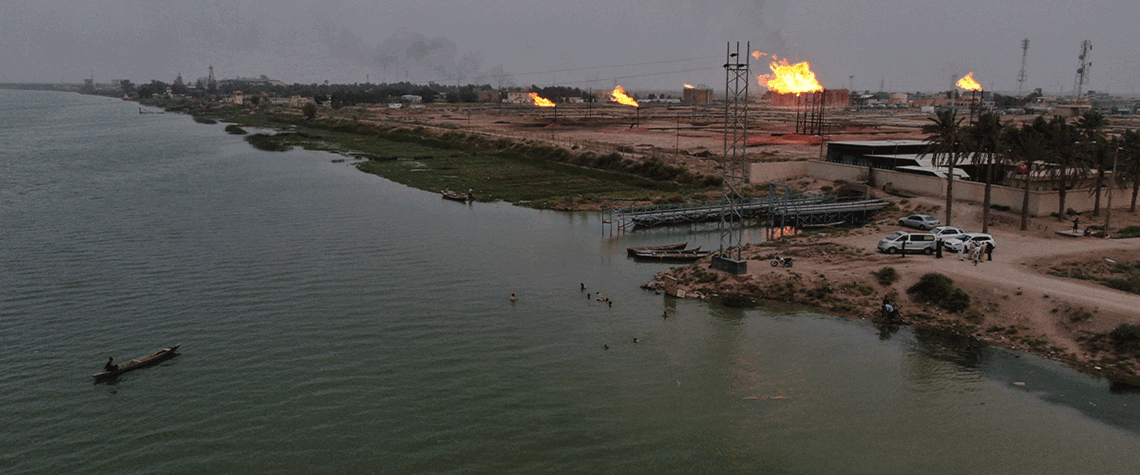Less is more in Iraqi downstream
The government’s new focus on relatively small, state-funded refinery expansions and upgrades bodes well for long-awaited progress
Iraq’s first major greenfield refinery since the 1980s, in the central province of Karbala, began trial operations in September in preparation to start delivering much-needed light fuels to the local market by early 2023. Years late and paid for upfront by Baghdad rather than by the private investors originally sought, the scheme is nonetheless a relative success in the context of a 15-year-old downstream expansion plan beset by delays and cancellations. A new federal government took office in October predictably vowing to do better than its predecessors in expanding capacity and attracting foreign investment across the country’s hydrocarbons sector, refining included. Legacy big-ticket, pri

Also in this section
22 July 2025
The gas-hungry sector is set for rapid growth, and oil majors and some of the world’s largest LNG firms are investing in ammonia production and export facilities, though much depends on regulatory support
22 July 2025
Next year’s WPC Energy Congress taking place in April in Riyadh, Saudi Arabia will continue to promote the role of women in the energy sector, with a number of events focusing on the issue.
22 July 2025
Pedro Miras is the serving President of WPC Energy for the current cycle which will culminate with the 25th WPC Energy Congress in Riyadh, Saudi Arabia in April 2026. He has over 30 years of experience in the energy sector, including stints with Repsol and the IEA. Here he talks to Petroleum Economist about the challenges and opportunities the global energy sector currently faces.
17 July 2025
US downstream sector in key state feels the pain of high costs, an environmental squeeze and the effects of broader market trends








